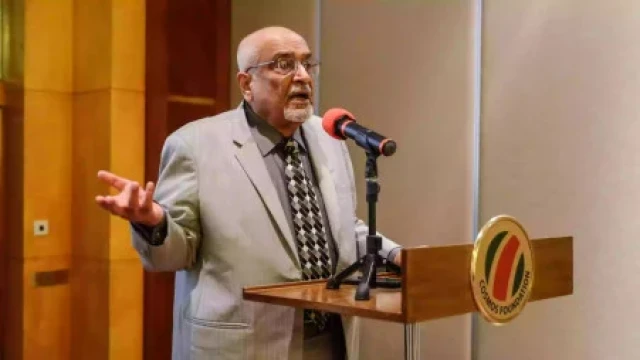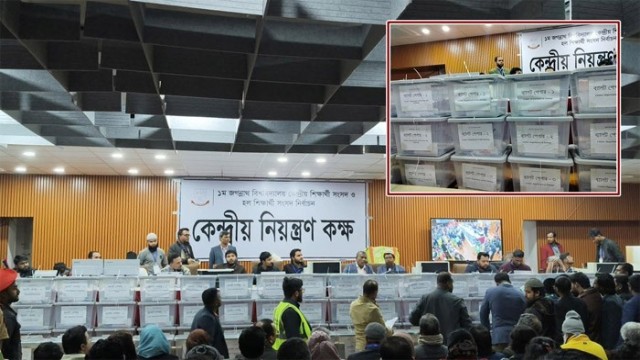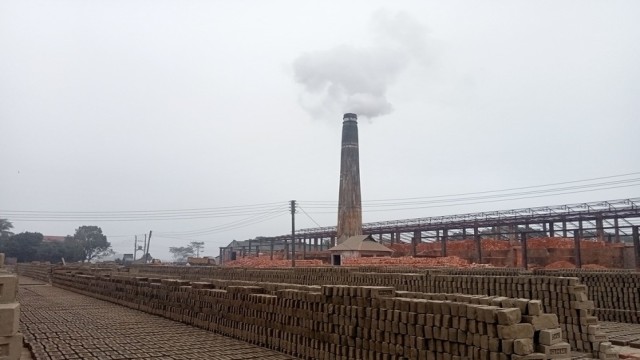Jakarta, Aug 31 (V7N) – Indonesia, Southeast Asia’s largest economy, is facing widespread protests as citizens express outrage over the extravagant allowances paid to members of parliament, despite the country’s ongoing economic hardships.
The controversy erupted after local media revealed that each of the 580 members of Indonesia’s lower house receives 50 million rupiah (about $3,000) monthly in housing allowances—on top of their salaries. By contrast, the average monthly income in Indonesia is only $188, highlighting the vast gulf between politicians and ordinary citizens.
The scheme was introduced in September last year by the current government, led by President Prabowo Subianto, who took office promising to boost economic growth to 8% within five years. One year on, the promise remains unfulfilled, inflation and rising taxes weigh heavily on the public, and anger has spilled onto the streets.
While Jakarta’s minimum wage stands at about $330 per month, workers in rural regions earn nearly half that amount. Critics argue that MPs are receiving housing benefits nearly 10 times higher than the minimum wage in the capital, fueling resentment at a time of economic hardship.
Adding to public frustration are long-standing allegations of rampant corruption among Indonesian politicians and government officials.
“This is our tax money,” shouted one protester during a student-led demonstration. “We pay taxes, but we don’t know where the money goes. None of the representatives in parliament listen to the people. It’s very worrying.”
Protests have spread across major cities, marking the largest wave of public demonstrations since Prabowo came to power. Student groups, civil society organizations, and ordinary citizens have rallied together, demanding the cancellation of MPs’ housing perks and urgent reforms to address corruption and inequality.
Analysts warn that if the government fails to address the growing anger, it could escalate into a larger political crisis, undermining President Prabowo’s ability to deliver on his economic promises.
END/SMA/AJ































Comment: